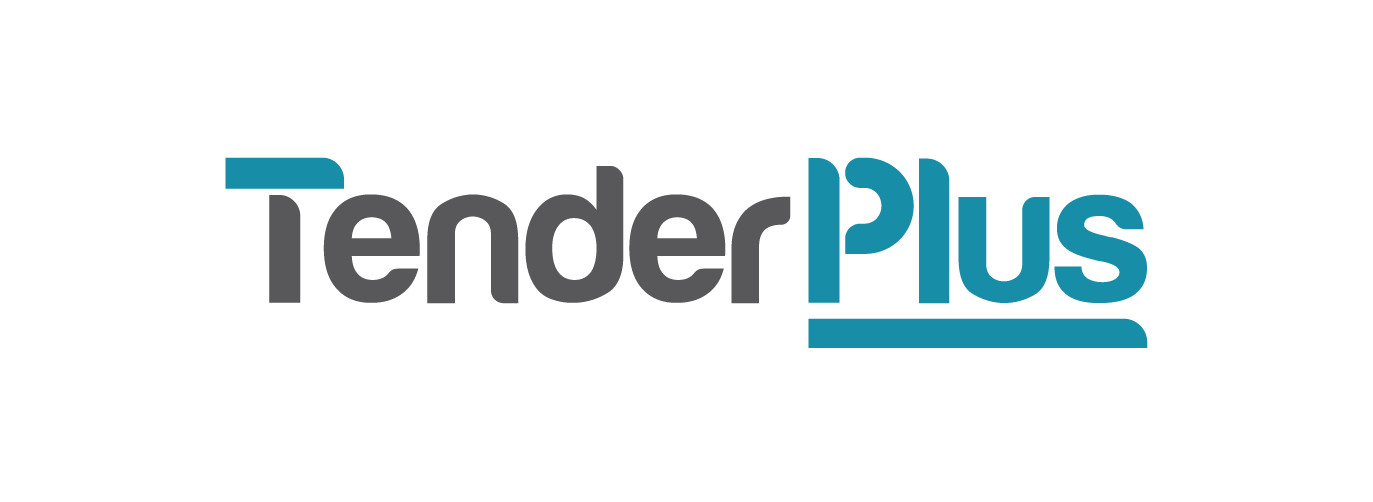Just keep swimming
Lessons from CV Management: Consistency is key
By Jess Forde, Tender Specialist, Sydney
CVs are critical to tendering; your team forms the core of your project.
Having managed a library of over 250 CVs for over a year, I appreciate the complexity and volume of the task. The importance of shifting tasks outside of the formal tender period, wherever possible, cannot be understated.
CV Management is a complex in-house function that requires large volumes of work capturing periodic updates to employee experiences and project allocations.
In theory, these updates come as projects are completed or as staff are reassigned. In practice, it's more of an impromptu process.
It’s a marathon, not a sprint
It's best to break the task down into manageable chunks. Try focusing on 20-25 CVs at a time based on pipeline priorities, with a goal of providing review and updates to each document at least twice per year.
A consistent application of effort is required to remain ahead of the curve; it’s a marathon, not a sprint!
Become an expert on your organisation
Developing a deep understanding of your organisation’s operational and project contexts allows you to leverage internal documentation to deliver CV updates, and enables greater efficiency in subject interviews.
Relying exclusively on interviews and self-directed updates is not practical; the highest priority CVs will belong to staff who are busy!
They may be in operational or project roles requiring out-of-hours work, located on remote sites, or otherwise have little capacity for meetings or interviews.
Developing organisational expertise allows you to gather as much information as possible before approaching your subjects. Use previous CVs, project reports and a subject’s LinkedIn to understand their work history before you approach them. Discuss with your team to determine the right way to approach the subject.
By engaging in this research, you show respect to your subjects and enable a more comprehensive, efficient interview. Once you have as much information as possible, you can approach the subject to close out key details and determine focus areas.
Organisational expertise enables this approach.
Find the differentiators
Aim to develop at least one key differentiator for each CV when compared to others in their role:
Is this person from a maintenance or projects background?
Are they a mentor?
Are they independent and task-oriented?
Have they managed teams?
Have they worked in remote or challenging environments?
Do they have an area of technical specialisation?
By finding differentiators based on backgrounds and work history, you will raise the quality of the library and develop a distinct tone for each document. This leads to stronger individual documents and provides a guideline for further contextualisation of the CV to specific tenders or projects.
Key Lessons
Information management is at the heart of tendering, including the CV library. A mix of organisational expertise, diligent time management and genuine relationship building is required to raise the quality of submissions content.
My key takeaways are to develop as much organisational expertise as possible and respect the time, needs and preferences of your subjects. When you inevitably need to come back to a subject for a third, fourth or fifth time to close out little details - it will pay off.
